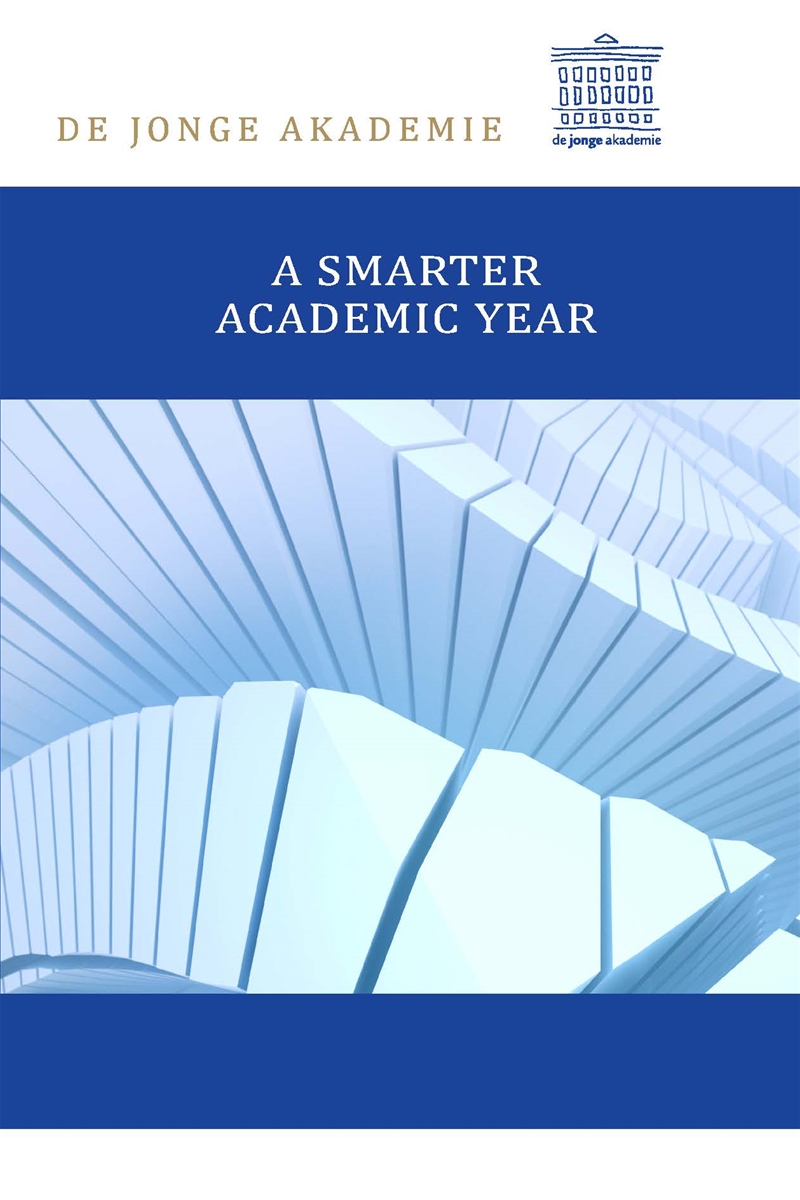We find that students and instructors in the Netherlands often consider the academic year to be extremely long. For academic staff, this means that all their core duties – research,  teaching, impact, managerial tasks (and perhaps patient care) – demand their attention concurrently almost throughout the year, leading to inefficiency and a further worsening of the already enormous pressure of work.
teaching, impact, managerial tasks (and perhaps patient care) – demand their attention concurrently almost throughout the year, leading to inefficiency and a further worsening of the already enormous pressure of work.
For students, the academic year at many Dutch universities offers no respite whatsoever between September and the following July. This causes fatigue and stress, and it also deprives students of the opportunity for reflection and broadening of their studies.
Comparison with other European countries
A comparison with six prestigious universities in other European countries – comparable to the Dutch universities in terms of performance and breadth – shows that the Dutch academic year is indeed exceptionally long: Dutch instructors spend on average two entire months more per year on teaching or examining than their colleagues at the universities in the sample.
Recommendations
Based on our analysis of the academic year in the Netherlands and elsewhere, we identify a number of best practices and make five recommendations for a smarter academic year in the Netherlands. We recommend (1) adapting the academic year flexibly to the needs of different disciplines, (2) reducing the number of teaching weeks and (3) the number of test weeks, (4) strictly ‘protecting’ teaching-free periods, and (5) diversifying teaching methods and encouraging student autonomy.
Read the report A smarter academic year or find a summary of the conclusions in the factsheet.
Members involved
Han Thomas Adriaenssen en Bettina Reitz-Joosse